I was watching a JavaScript talk, and the tutor said that if we pass a property of an object in a function it will actually change the real value, because we will be passing the variable by reference. Here is the slide:

but when I tried to practice the concept, that wasn't the case. Here is my code:
var obj = {val: 5};
function changeVal(x) {
x = x+5;
return x;
}
console.log(obj.val) // 5
console.log(changeVal(obj.val)) // 10
console.log(obj.val) // 5
I was expecting obj.val to change to 10. Please tell me what's wrong here, and correct me if I am wrong. Thanks